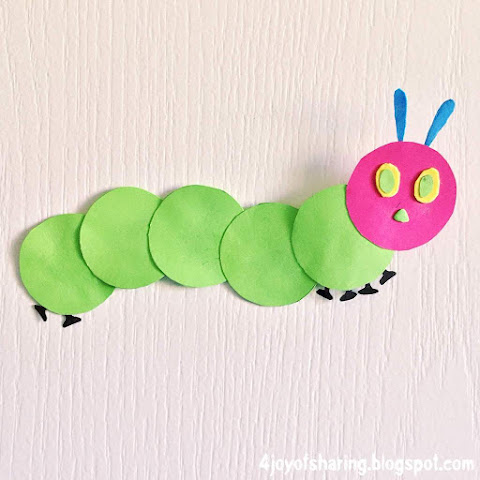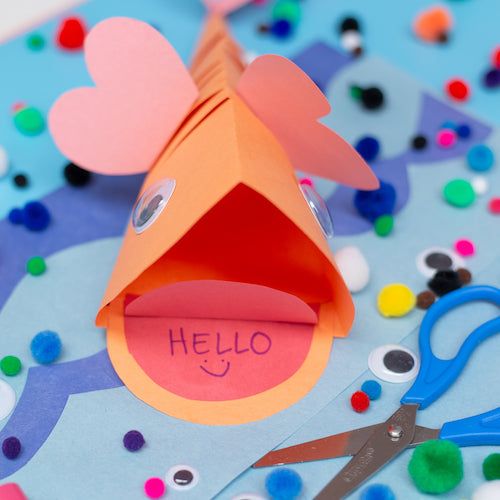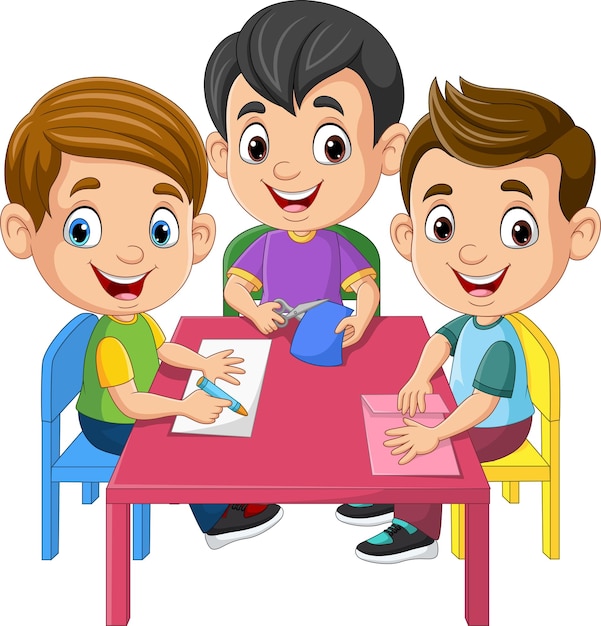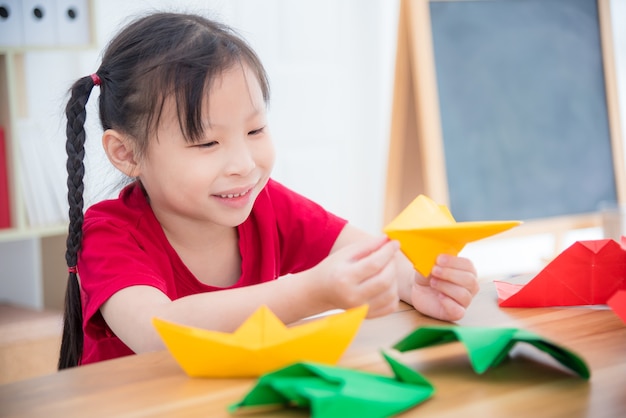
In today's fast-paced and technology-driven world, finding engaging and practical ways to enhance your child's education is crucial.
Scrapbooking, often seen as a creative hobby, can actually offer numerous educational benefits for your child.
From improving fine motor skills to fostering creativity and self-expression, scrapbooking provides a unique avenue for learning.
In this article, we will explore eight engaging ways that scrapbooking can boost your child's education, helping them develop essential cognitive, emotional, and language skills.
Enhancing Fine Motor Skills Through Scrapbooking
The process of scrapbooking can significantly enhance a child's fine motor skills. Through activities such as cutting, gluing, and arranging pictures and embellishments, children develop their hand-eye coordination as they manipulate various materials. These fine motor skills are essential for activities such as writing, tying shoelaces, and buttoning clothes.
Scrapbooking not only improves hand-eye coordination but also encourages storytelling skills. As children select and arrange photos, they are prompted to think creatively and construct narratives around their memories. They learn to organize their thoughts, express themselves, and develop language skills. This storytelling aspect of scrapbooking also nurtures their imagination and fosters a sense of self-expression.
Fostering Creativity and Self-Expression With Scrapbooking
Scrapbooking provides children with a platform for fostering creativity and self-expression through the thoughtful selection and arrangement of photos and embellishments. Engaging in this activity allows children to tap into their imagination and explore different ways of expressing themselves.

By choosing the photos, colors, patterns, and decorations for their scrapbook pages, children have the freedom to showcase their unique style and personality. This process encourages them to think outside the box, experiment with different techniques, and make creative decisions.
The benefits of fostering creativity through scrapbooking are numerous. It helps children develop problem-solving skills, enhances their ability to think critically, and encourages them to take risks. Moreover, scrapbooking also allows children to express their emotions and tell their own stories, giving them a sense of empowerment and self-confidence.
Boosting Memory and Cognitive Skills Through Scrapbooking
Enhance your child's memory and cognitive skills by incorporating scrapbooking into their educational routine. Scrapbooking is not only a fun and creative activity, but it also provides numerous benefits for your child's brain development.
Here are four ways scrapbooking can boost memory and cognitive skills:
Improving organizational skills: Scrapbooking requires planning and arranging photos, papers, and embellishments in a structured and organized manner. This helps children develop skills in categorizing, sequencing, and spatial arrangement.
Promoting critical thinking: When creating a scrapbook, children have to make decisions about layout, color choices, and storytelling. This encourages them to think critically, analyze information, and make creative choices.
Enhancing memory retention: By selecting and arranging photos and mementos, children engage their memory recall and retention abilities. They can also add captions and journal entries, further strengthening their memory skills.

Boosting creativity and imagination: Scrapbooking allows children to express their ideas and emotions through visuals and storytelling. This enhances their creativity, imagination, and self-expression.
Incorporating scrapbooking into your child's educational routine not only adds a fun and engaging activity but also provides valuable opportunities for improving their organizational skills, promoting critical thinking, enhancing memory retention, and boosting creativity and imagination.
Developing Language and Emotional Skills With Scrapbooking
Through the process of creating and reflecting on personal memories, children can develop their language and emotional skills with the help of scrapbooking.
Scrapbooking offers a unique opportunity for children to express themselves verbally and emotionally. As they select photos, write captions, and create journal entries, children are actively engaging in language development. They learn to communicate their thoughts and feelings, expanding their vocabulary and improving their sentence structure.
Additionally, scrapbooking encourages children to reflect on their experiences, fostering emotional intelligence. They can explore and express their emotions through the choice of colors, textures, and design elements. This process helps children develop self-awareness and empathy towards others.
Moreover, scrapbooking can be a collaborative activity, allowing children to build relationships and improve problem-solving skills as they work together to organize and create their pages.
Frequently Asked Questions
What Are Some Creative Scrapbooking Techniques That Can Be Used to Enhance Fine Motor Skills?
Creative scrapbooking techniques can be used to enhance fine motor skills in children. These techniques involve activities such as cutting, pasting, and designing layouts, which require precise hand-eye coordination and control, ultimately improving their dexterity and motor skills.

How Does Scrapbooking Help Children Develop Problem-Solving and Critical Thinking Skills?
Scrapbooking helps children develop problem-solving and critical thinking skills by allowing them to make decisions about layout, design, and content. It encourages them to think creatively, analyze information, and find solutions to challenges in organizing and preserving their memories.
Scrapbooking as a form of therapeutic art can be a valuable tool for children with emotional and behavioral challenges. By allowing them to express their feelings creatively, it can promote self-reflection, emotional regulation, and improved communication skills.
Are There Any Specific Scrapbooking Activities That Can Help Improve a Child's Memory Retention?
Scrapbooking activities can enhance a child's memory retention and cognitive skills. By engaging in creative and hands-on projects, children can improve their ability to recall information and develop important cognitive abilities that contribute to their overall education.
Scrapbooking promotes language development and communication skills in children through artistic expression and cognitive development. It allows children to express themselves creatively, practice storytelling, and enhance their vocabulary and communication abilities.
 Kids Art ProjectsParty PlanningPaper CraftsOrigami for KidsPrivacy PolicyTerms And Conditions
Kids Art ProjectsParty PlanningPaper CraftsOrigami for KidsPrivacy PolicyTerms And Conditions
